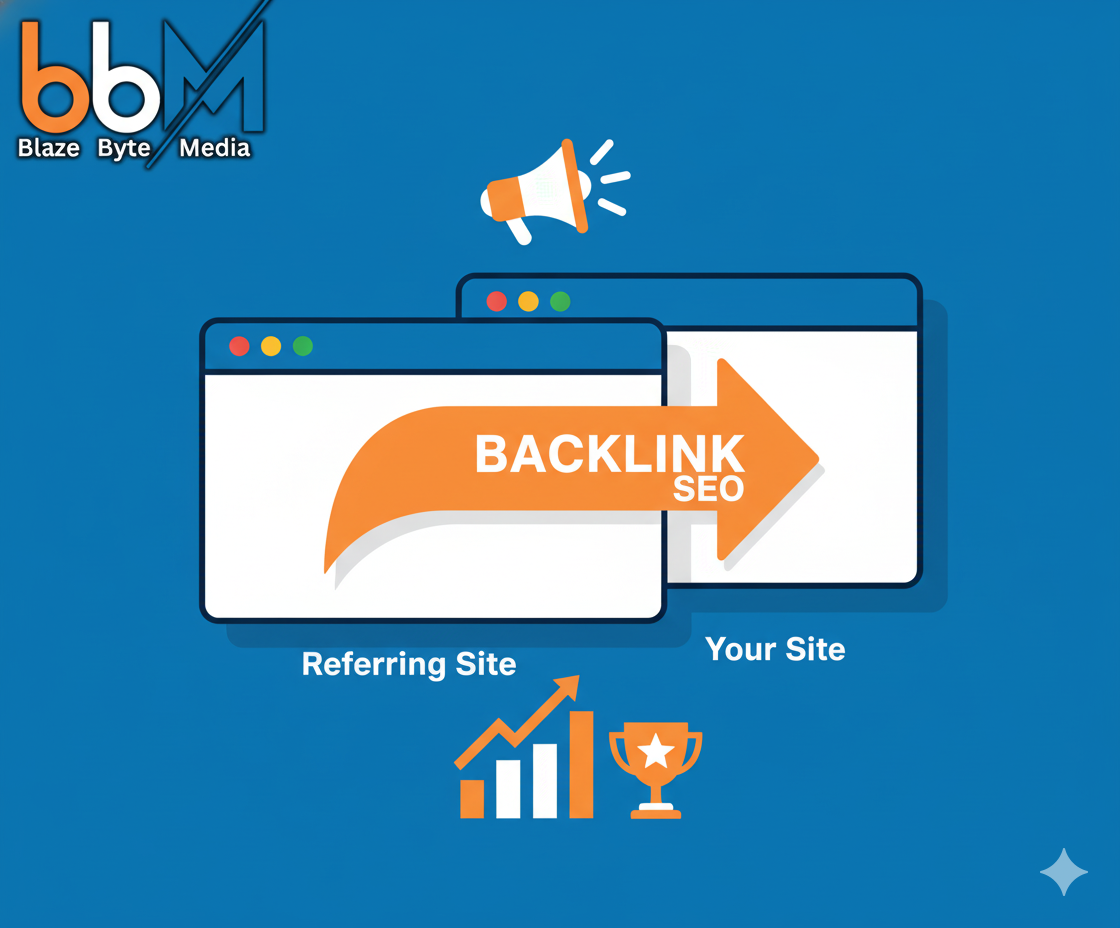In the world of digital marketing, backlinks are one of the most powerful ranking factors in SEO. If you’ve ever wondered why some websites rank higher than others on Google, backlinks play a major role in that. But what exactly are backlinks, and why are they so important for SEO? Let’s break it down in simple terms.
What is a Backlink in SEO?
A backlink (also called an inbound link or incoming link) is a link from one website to another. Think of it as a vote of confidence. When another website links to your content, it signals to search engines like Google that your page is valuable, credible, and worth referencing.
Example:
If a popular travel blog links to your “Top Trekking Routes in Nepal” article, that’s a backlink for your site.
In short, backlinks act as trust signals that help improve your site’s visibility in search results.
Why Are Backlinks Important for SEO?
Backlinks are one of Google’s top ranking factors. They help search engines determine how authoritative and relevant your content is. Here’s why backlinks matter:
- Boost Search Rankings:
Websites with high-quality backlinks rank higher on Google. - Increase Organic Traffic:
When other sites link to yours, their readers may click those links — bringing more traffic to your website. - Build Credibility and Authority:
Backlinks from trusted sites show Google (and users) that your site is reliable. - Faster Indexing:
Backlinks help search engines discover your pages faster.
Types of Backlinks
Not all backlinks are equal. Some can improve your rankings, while others can harm them. Here are the main types:
1. Do-Follow Backlinks
These are the most valuable type. They pass link equity (or “SEO juice”) from one site to another, helping boost rankings.
2. No-Follow Backlinks
These links don’t pass authority but still bring traffic and brand visibility. You can spot them with the rel="nofollow" tag.
3. High-Quality Backlinks
Links from authoritative websites like Forbes, HubSpot, or government sites are considered high-quality and trusted by Google.
4. Low-Quality Backlinks
Links from spammy or irrelevant websites can hurt your SEO and even lead to Google penalties.
How Do Backlinks Help SEO?
Search engines use backlinks as part of their ranking algorithm. When a page has many quality backlinks, it’s seen as more trustworthy and is likely to appear higher in search results.
Here’s what backlinks do for your SEO:
- Improve domain authority (DA)
- Help in keyword ranking
- Drive referral traffic
- Strengthen brand reputation
In simple terms, more quality backlinks = better SEO performance.
How to Build High-Quality Backlinks
Getting good backlinks takes time and strategy. Here are some effective ways to build them naturally:
1. Create Valuable Content
Publish original, useful, and well-researched content. Blogs, infographics, and case studies are great for earning links.
2. Guest Posting
Write articles for other reputable sites in your niche and include a link back to your site.
3. Broken Link Building
Find broken links on other websites and suggest your content as a replacement.
4. Collaborate with Influencers
Partner with industry experts, bloggers, or creators who can mention and link to your site.
5. Get Listed in Directories
Submit your site to local and niche directories, but ensure they’re trustworthy.
6. Use Social Media
Sharing your content on social platforms increases its reach and can attract natural backlinks
How to Check Your Backlinks
You can monitor your backlinks using tools like:
- Google Search Console – Free and simple to track new links.
- Ahrefs – Comprehensive backlink analysis and competitor tracking.
- SEMrush – Great for link auditing and toxic link removal.
- Moz Link Explorer – Checks domain authority and link quality.
Common Backlink Mistakes to Avoid
While backlinks are powerful, they can backfire if not handled correctly. Avoid these mistakes:
- Buying backlinks from shady sources
- Using spammy link farms
- Over-optimizing anchor texts
- Getting links from irrelevant sites
- Ignoring broken or toxic backlinks
Google’s algorithm values natural, relevant, and high-quality links — not quantity.
Final Thoughts
Backlinks are the backbone of a strong SEO strategy. They help your website rank higher, attract organic traffic, and build long-term authority. Focus on earning natural, high-quality backlinks through valuable content and genuine connections — not shortcuts or spammy tactics.
If you’re serious about growing your website, learning how to build backlinks the right way is one of the smartest SEO investments you can make.

